Take a deep breath (we can help with that)
It’s never too late to quit smoking. At Kaiser Permanente, we can help support your journey to breathing easier.
According to the American Cancer Society, quitting smoking improves your immediate and long-term health, no matter how old you are or how long you’ve been smoking.
According to the American Cancer Society, 34 million Americans smoke cigarettes, and smoking causes an estimated 1 in 5 deaths every year in the United States. Smoking rates have declined, but certain populations — including people at lower socioeconomic levels, those without college degrees, Black communities, LGBTQ communities, military members, and people with behavioral health conditions — continue to be more likely to smoke heavily. Many want to kick this habit, but they fear it’ll be too difficult or too late to make a significant impact on their health.
Kimberly Petrick, MD, Family Medicine, says that you can increase your chances of quitting and remaining smoke-free by knowing what tools and medicines are available to help. She encourages anyone interested in quitting smoking to contact their personal doctor to learn what to expect and where to go for help.
“Quitting smoking is a journey. It can be hard, but it is possible. And you can increase your chances of success with a good plan and support,” said Dr. Petrick, who practices at Kaiser Permanente in Santa Monica.
“Cigarette smoking remains the leading cause of preventable disease and death in the United States. Quitting smoking is one of the most important actions you can take to improve your health.” Kimberly Petrick, MD, Family Medicine, Kaiser Permanente Santa Monica Medical Offices
It’s never too late to quit smoking. According to the Centers for Disease Control and Prevention, after you’ve smoked your last cigarette, your body immediately experiences positive changes. Within minutes your heart rate decreases, and within 24 hours the nicotine level in your blood drops to zero. In 1 to 2 years your risk of a heart attack drops sharply, and after 3 to 6 years your added risk of coronary heart disease drops by half. After 10 years, your added risk of lung cancer drops by half, and after 15 smoke-free years your risk of coronary heart disease drops close to that of someone who has never smoked.
Quitting smoking might not be easy, but Dr. Petrick says the benefits are overwhelmingly evident.
“Cigarette smoking remains the leading cause of preventable disease and death in the United States,” said Dr. Petrick. “Quitting smoking is one of the most important actions you can take to improve your health.”
Find helpful advice and information related to quitting smoking and start your journey to breathing easier today.
-
Social Share
- Share Take a Deep Breath (We Can Help With That) on Pinterest
- Share Take a Deep Breath (We Can Help With That) on LinkedIn
- Share Take a Deep Breath (We Can Help With That) on Twitter
- Share Take a Deep Breath (We Can Help With That) on Facebook
- Print Take a Deep Breath (We Can Help With That)
- Email Take a Deep Breath (We Can Help With That)
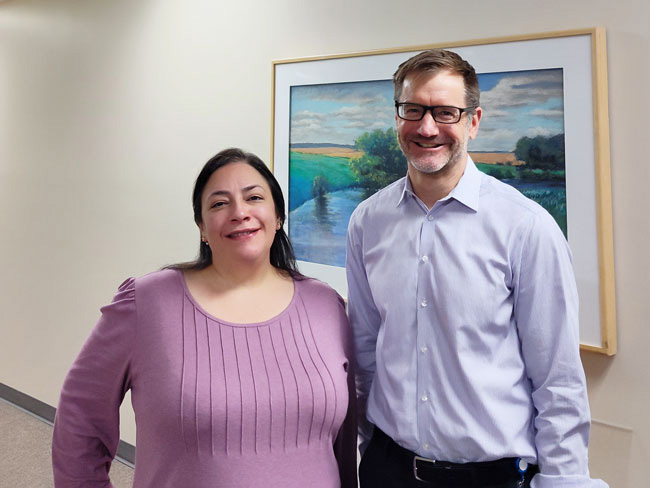
April 25, 2025
Treating the heart and lungs together for a rare disease
With her medical teams working together, Sirina Hazeem is getting her life …
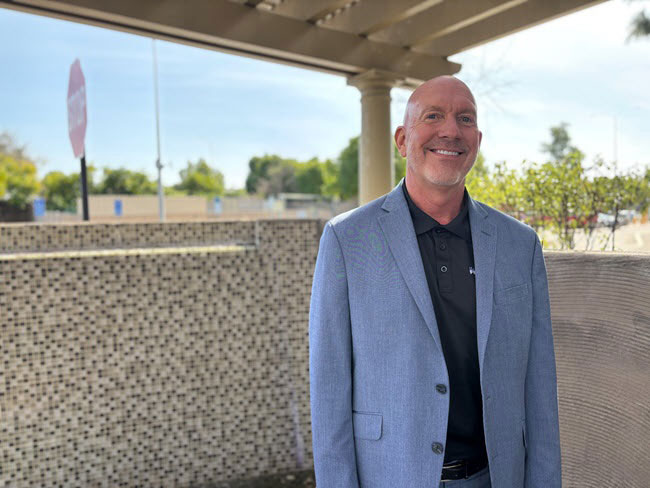
February 27, 2025
‘The heart attack that saved my life’
A sudden heart attack led Mark Twichel to seek care at Kaiser Permanente …

February 21, 2025
Broken heart syndrome: What to know
NPR

February 18, 2025
I just need a chance
Billy Cardosi spent his life putting his family and job first. Then a heart-rela …

February 3, 2025
From a routine appointment to a cardiac crisis
An irregular heartbeat revealed that Enrique Medina had a serious heart …

January 29, 2025
A happy heart is a healthy heart
A cardiologist offers tips to help you improve your health and prevent …
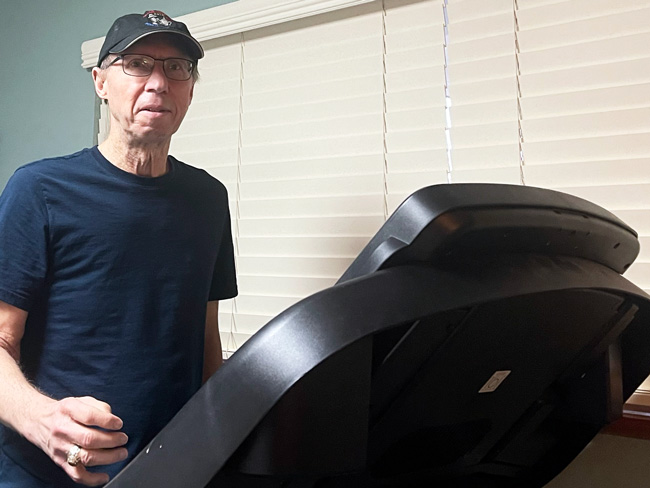
January 15, 2025
After surgery, home was where his heart was
Virtual cardiac rehabilitation offers Mike Erskine a convenient, safe way …
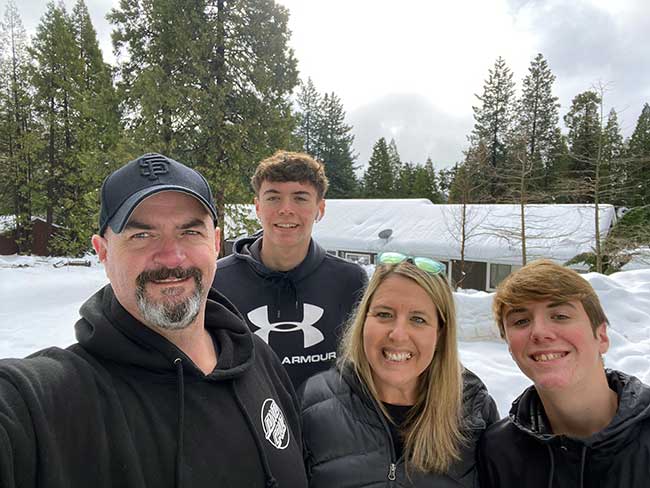
November 12, 2024
Surviving lung cancer as a nonsmoker
As a lifelong nonsmoker, Mariann Stephens was shocked to learn she had …

October 29, 2024
How poor sleep can hurt your heart
An interview with Kaiser Permanente sleep expert Clarisse Glen, MD, sheds …
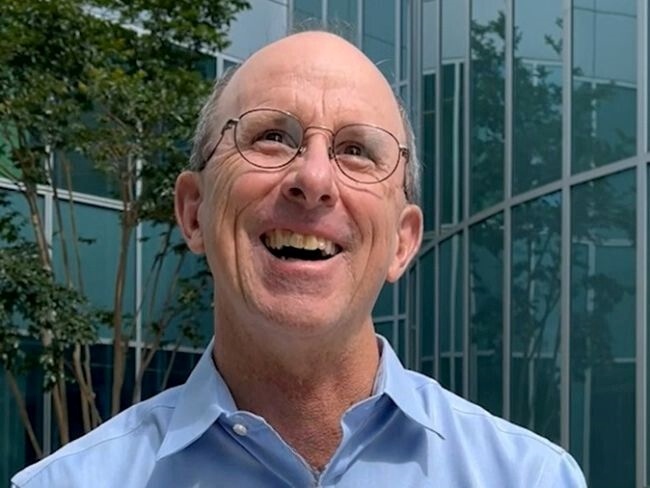
October 29, 2024
That’s not tennis elbow
A Kaiser Permanente physician thought he pinched a nerve during a tennis …

October 23, 2024
Doomscrolling? It may affect your heart.
Endless bad news is just one fingertip away online. One Kaiser Permanente …
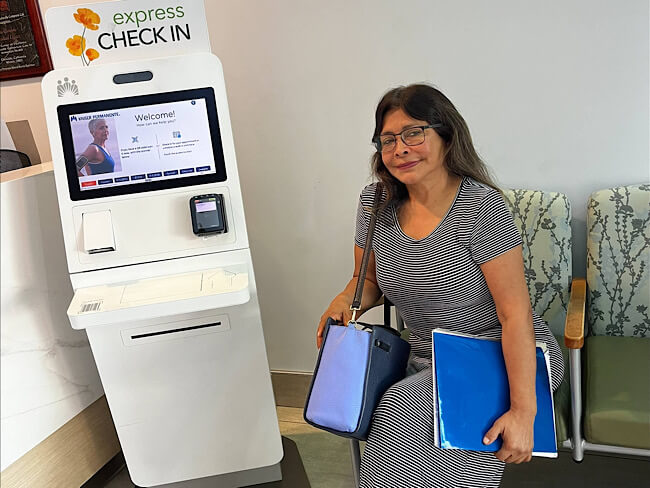
October 2, 2024
A new lease on life
Kaiser Permanente’s medical-legal partnership offers a lifeline for members …

September 6, 2024
Navigating a world turned upside down after heart failure
After a life-threatening series of heart attacks at age 57, Bunnell Fockler …

August 15, 2024
Back home one day after heart surgery
Ed Dalmasso needed an aortic valve replacement. His care team provided …

July 10, 2024
We help members lower their risk of heart attacks and strokes
A Southern California program, powered by our connected care model, is …

May 31, 2024
Stage 4 lung cancer: A story of hope
A young father is enjoying “bonus time” with his kids thanks to new targeted …

May 21, 2024
Surviving stage 4 lung cancer with immunotherapy treatment
Patients like Carol Pitman are living longer thanks to advances in lung …

April 8, 2024
Reducing inequity with fruits and vegetables
Black Americans experience worse health outcomes compared to other populations. …

March 29, 2024
Faster recovery: From cardiac scare to exploring Italy
Virtual cardiac rehab helped Mike Kelly heal at home after a life-threatening …
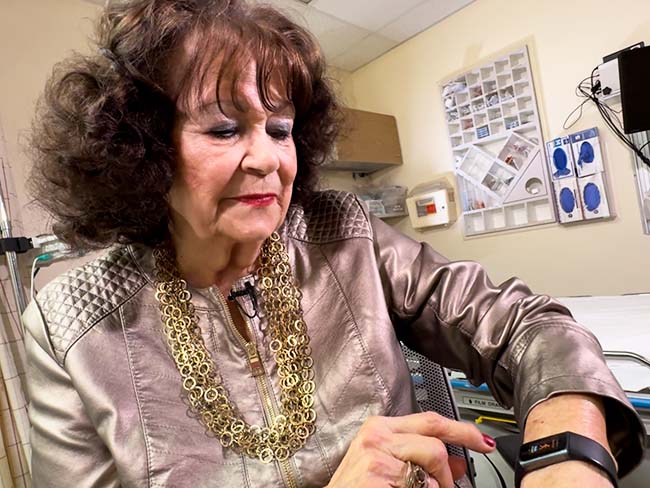
March 12, 2024
In-home recovery restores harmony to life
Colorado musician back with the band thanks to new virtual cardiac rehab …

February 22, 2024
The journey of a lifetime
Care teams at Kaiser Permanente Fontana Medical Center helped Phillip Crawford …

January 26, 2024
Retiree back in the swing of things after heart procedure
Tookie Gentilcore returns to enjoying life thanks to a quick, safe method …

January 17, 2024
How diabetes can affect your heart
People with diabetes are more likely to have heart disease.
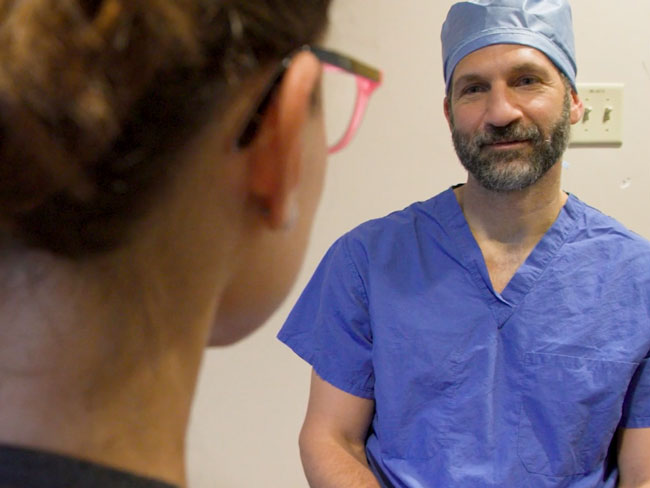
December 19, 2023
Life-changing care for patients who experience strokes
In Oregon, our stroke teams are providing patients with industry-leading …

November 17, 2023
Expert advice on keeping your heart healthy
Dr. Yong Shin shares how people with heart disease can live longer, while …
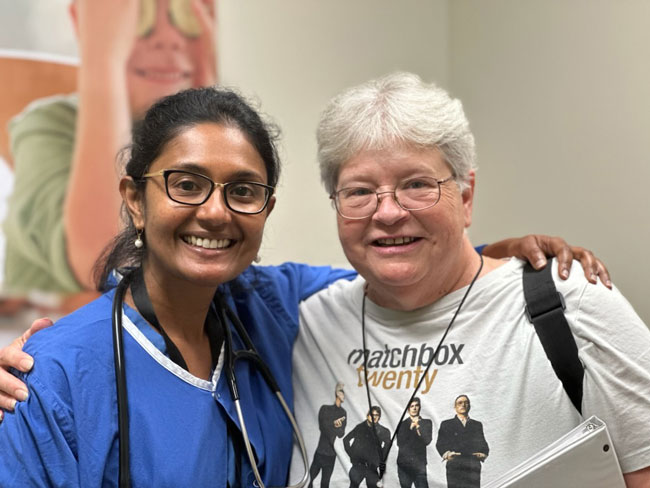
November 16, 2023
Providing a bridge to heart transplant
The use of a ventricular assist device implant gives one Oregon woman the …
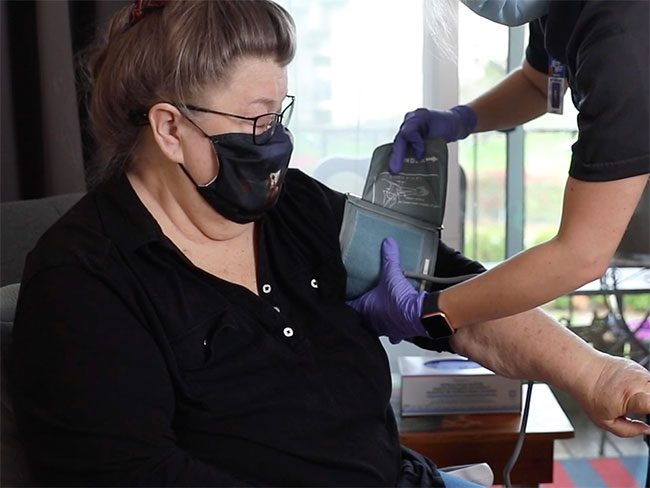
November 15, 2023
Care at home: Giving patients what they want
Our Advanced Care at Home program provides high-quality, safe care in familiar, …

November 15, 2023
Spreading the truth about flavored tobacco and youth vaping
A youth vaping curriculum is making a difference.

September 20, 2023
Healing after a heart attack
For years, serious heart attacks meant hours of weekly appointments. Now, …

August 22, 2023
Flavored tobacco
Protecting youth from tobacco products

August 18, 2023
Protect your heart when temperatures soar
Excessive heat and pollution can increase your risk of experiencing dangerous …

August 17, 2023
Beyond clinic walls: Research supporting healthy communities
Stories in the Department of Research & Evaluation 2022 Annual Report demonstrat …

August 15, 2023
As temperatures rise, so does the risk of heart problems
A Kaiser Permanente cardiologist shares advice on how to stay safe, what …
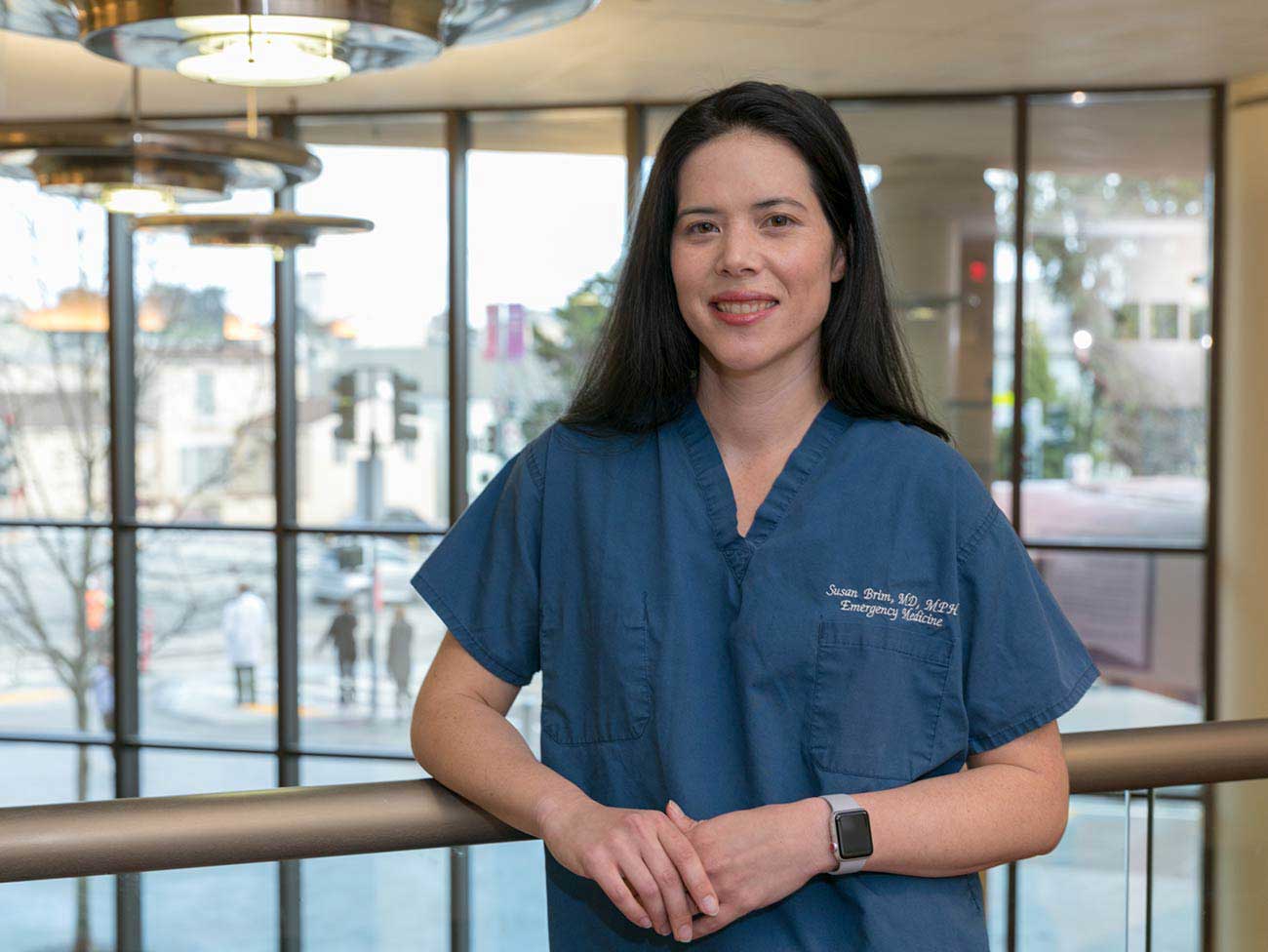
June 30, 2023
Lung cancer survivor received ‘pioneering’ care
Doctor and mother of 3 Susan Brim received top-notch care after her lung …
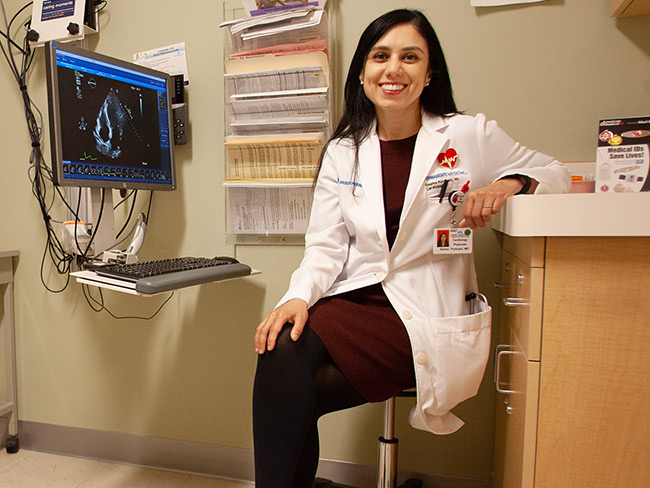
June 14, 2023
5 easy ways to reduce heart disease risk
A reminder that men and women can assert control over risk factors that …

March 2, 2023
Improving the health of the community
Kaiser Permanente awards $80,000 in grants for health policy and community …

February 28, 2023
A conversation about pregnancy and women’s heart health
New research shows blood pressure patterns early in pregnancy can identify …

February 24, 2023
Current air pollution standards tied to higher heart risks
Kaiser Permanente study of 3.7 million adults provides support for strengthening …

February 1, 2023
Her heart was telling her something wasn’t right
When a Kaiser Permanente member discovered she had an irregular heartbeat …
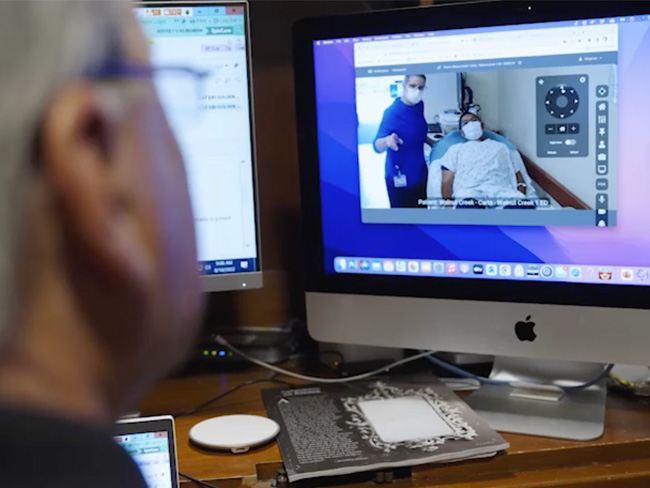
January 18, 2023
Speed saves lives: Fast stroke treatment key to survival
When a stroke happens, minutes matter, and Kaiser Permanente treats strokes …

November 14, 2022
It’s time to rethink health care quality measurement
To meaningfully improve health equity, we must shift our focus to outcomes …

November 9, 2022
Applauding California’s ban on flavored tobacco
Voters passed Proposition 31, allowing the law banning these addictive …
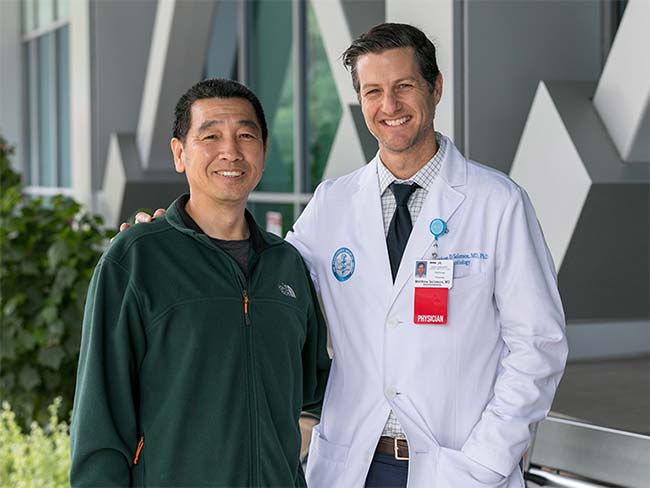
September 27, 2022
A heart saved
When Rong Fang had a life-threatening heart attack, specialists at 2 Kaiser …

September 13, 2022
Creating tobacco-free communities
Kaiser Permanente backs national efforts to ban flavored tobacco.

Dark chocolate bark with pistachios and dried cranberries
You can make this healthy, holiday-worthy dessert any time of year!

July 30, 2021
Pairing doctors with your devices for improved health
Wellness and fitness-tracking devices can help doctors and patients coordinate …

April 30, 2021
Our support for banning menthol cigarettes, flavored cigars
Kaiser Permanente applauds the Food and Drug Administration’s commitment …

February 4, 2021
A passion for the practice of cardiology
Dr. Chileshe Price shares her commitment to advancing cardiac care through …
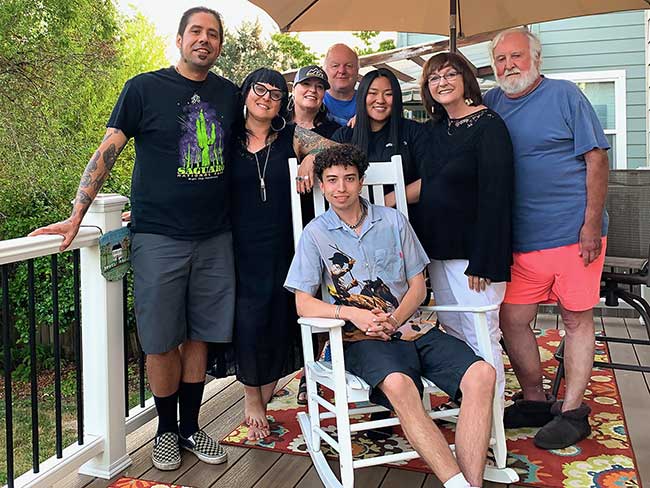
September 30, 2020
Cardiac care in the time of COVID-19
Skilled care and thorough infection-prevention protocols kept Eleanor Gorman …

August 19, 2020
Stroke care you can count on
Kaiser Permanente hospitals were again recognized by the American Heart …

Curried rice and artichoke salad
This simple, heart-healthy recipe is plant-based with an international …

May 19, 2020
Large decrease in hospitalized heart attack patients
New Kaiser Permanente research backs anecdotal reports that people are …

February 20, 2020
Bringing healing home with virtual cardiac rehabilitation
Michelle Wofford gets a new lease on life after a serious cardiac event.

'Instant' chocolate pudding
Try this recipe for a rich and satisfying chocolate fix.